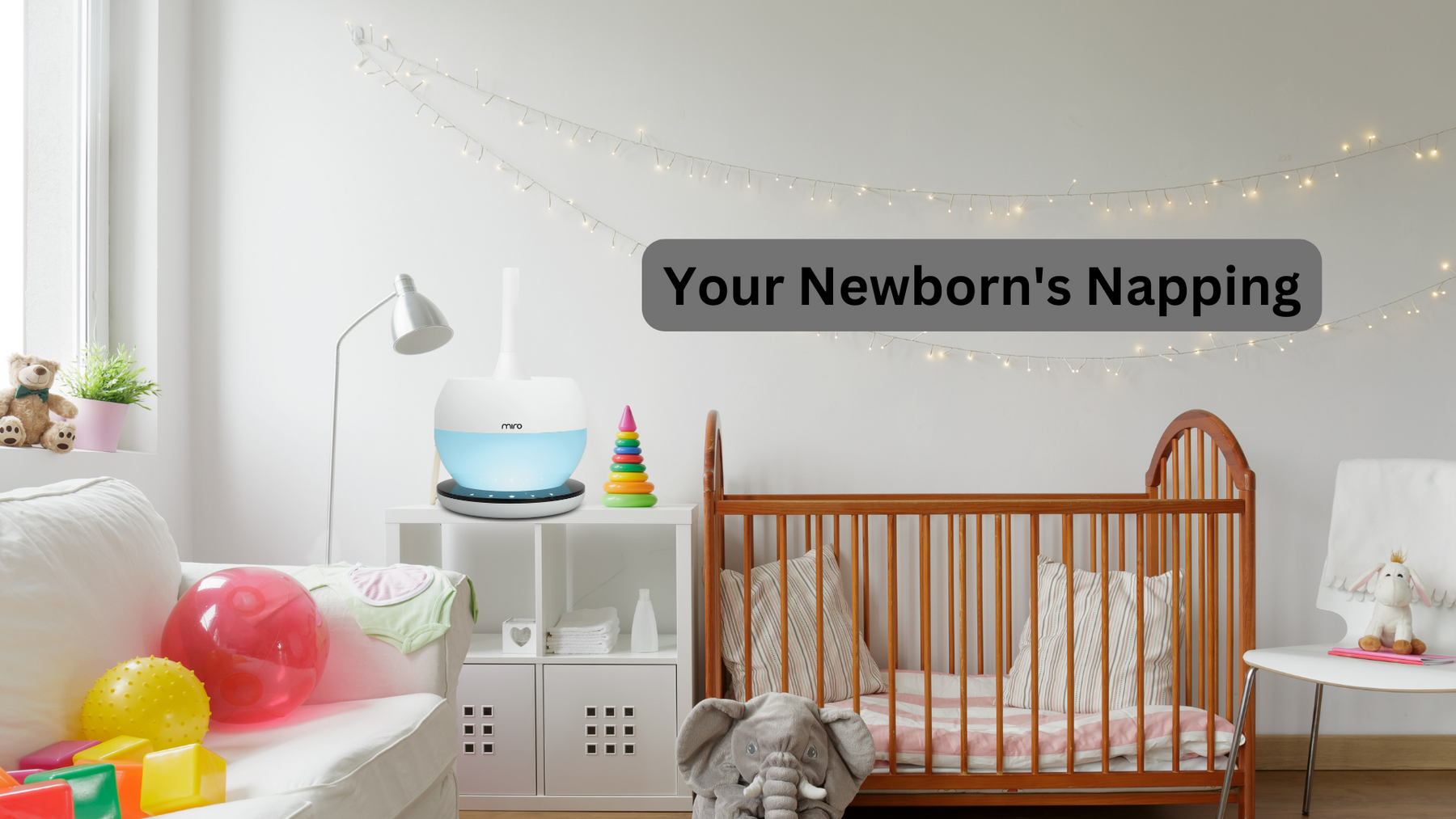
Your Baby and Napping
Newborns constantly sleep throughout the day. As a parent, it is important to set up a sleep schedule that follows your baby’s sleeping pattern. Why is this necessary? To limit the already countless stresses that come with raising your newborn and allow your baby to get the rest it needs. Understanding and promoting healthy sleep patterns for your newborn is critical in ensuring proper developmental health for your child.
Your Newborn’s Sleep Schedule
Your newborn's sleep schedule will largely be dependent on the age of the child. Babies that are between the ages of 0-3 months will sleep between 14-24 hours a day (O’Connor). Because of the amount of sleep that your newborn needs, naps are a necessity. Usually, the naps of an infant will range between three to four hours and will occur after the baby is awake for more than 1-2 hours (Mayo Clinic Staff). As your newborn becomes older, the baby will take less frequent naps. Because napping is important for newborns, it is important as parents to establish napping patterns for their baby to ensure proper sleep for their child.
Helping Your Baby Sleep
There are important steps you can take to emphasize proper napping in your child:
- Every baby is different. Each baby has its own sleeping pattern which means that what might have worked for someone else and their baby, might not work for you and your infant. With this in mind, it is essential to monitor your baby’s sleep throughout the day. Once a consistent pattern has been observed, establish this pattern by putting your baby to bed at the times it usually sleeps. Do not try to put your baby to sleep at times it usually does not sleep. This can lead to the baby not being able to sleep at night creating the possibility of developmental issues for your child.
- Making sure that your baby has a comfortable sleeping environment is just as important. Baby’s anxiety and fear can actually prevent them from sleeping properly. The room that your baby sleeps in should be quiet and dark when it is time to sleep. Consider purchasing a humidifier for your baby’s room. Why? Humidifiers can help your baby rest easier– promoting healthy breathing and can moisturize the skin. A humidifier model that would be perfect for a baby would be the Miro NR08M as it is built with humidity sensors that help keep the humidity levels at a place that is optimal for your baby’s sleep. Temperature is also key for the comfort of your baby’s sleep. Anything in the range of 68-72 degrees Fahrenheit is ideal for your newborn. Finally, ensure that your baby always sleeps on its back.
- Between naps, it is important to promote healthy physical activity. The more your baby has exerted themselves physically, the more likely it is that your baby will have an easier time falling asleep.
